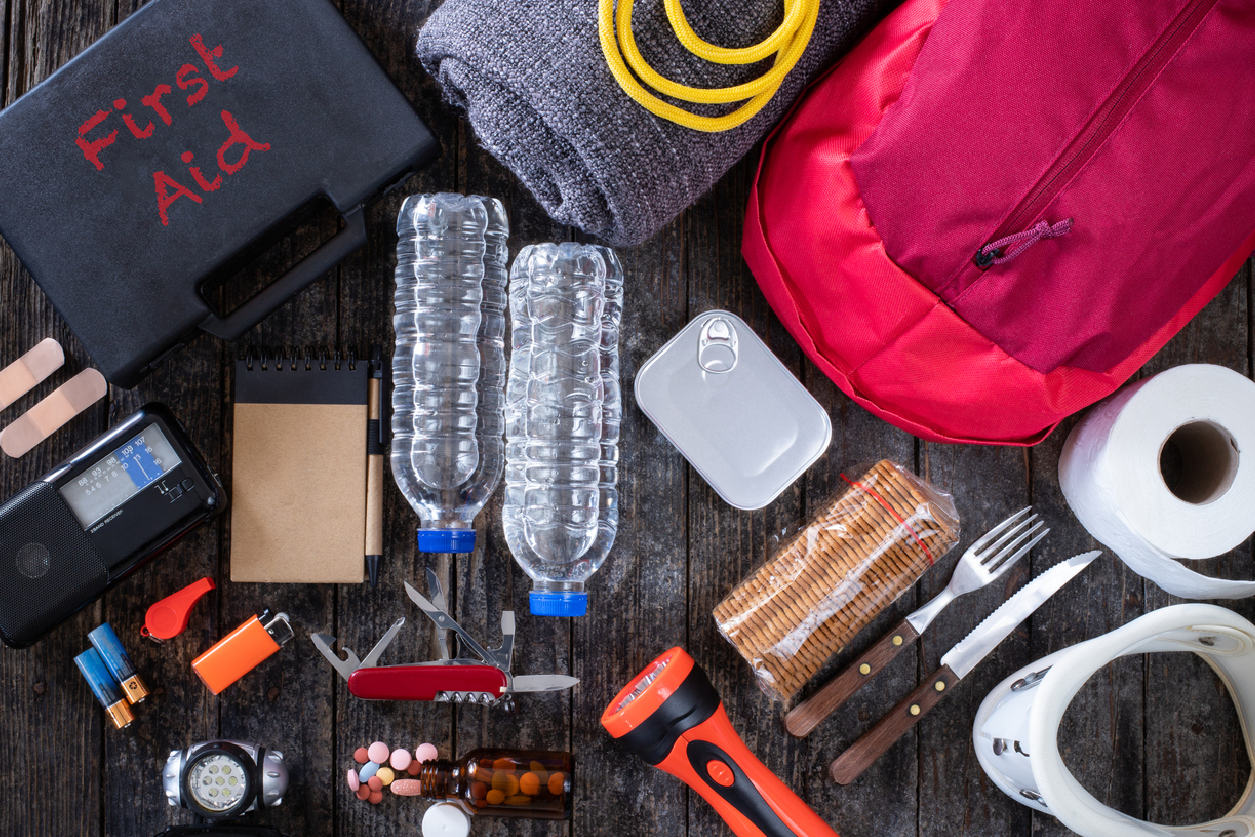Four Ways to Financially Prepare for a Natural Disaster

In the event of inclement weather, power outages or a variety of factors that may cause some or all OnPath FCU branches to be closed, you can still securely access your account with the services found HERE.
Whether due to fire or flood, earthquake or hurricane, powerful forces of nature can lead to financial devastation if your home is in its path. But while you can’t stop a catastrophe from happening, taking preventative measures will cushion the blow that such a disaster can have on your personal finances.
1. Establish an emergency fund
Have a set sum deducted monthly from your checking account and automatically deposited into a savings account. Try to save at least 10% of your net income until three to six months of essential expenses is built up (and after that, keep saving, with the surplus going toward other goals). Though the amount may seem high at first, chances are you will quickly adjust to living on the remaining income. But if you can’t do at least 10%, save whatever you can – every little bit helps.
*While most of your emergency fund should be held in a low-risk account where there are no penalties for early withdrawals, such as a savings account or money market deposit account, keep a small amount of cash in your home.
Be adequately insured
Paying for insurance can feel like a waste of money during the good times – but if a disaster strikes, you’ll be grateful you have it. Having the right insurance will enable you to recoup and rebuild at the lowest cost.
Keep your credit card balances down
While credit cards are not intended to take the place of an emergency fund, they can be very useful if you need to check into a hotel or rent a car during a crisis. And if you absolutely have to use them as a cash source, you don’t want to build a bigger balance than you can reasonably pay off when the dust settles. If you currently have credit card debt, concentrate on repaying what you owe. Once the balances are low or nil, commit yourself to living within your means so you don’t run them up.
Safeguard your financial information
A disaster can force you to leave your home in a hurry and destroy items that are not well protected, so it is important to gather and safeguard important documents now.
In a home safe or firebox, keep:
- Enough cash for a few days worth of food and shelter
- Insurance policy documents
- Copies of deeds/titles for your home, car, and other real property
- Copy of last year’s income tax return
- Originals of wills, powers of attorney, and/or trust agreements, if not with your attorney
- Backup of computerized financial records
- Checking and savings account, loan, credit card, and investment account information
- Key to your safe deposit box
- In a safe deposit box, keep:
- Deeds/titles to your home, car, and other real property
- Appraisals of expensive jewelry and heirlooms
- Certificates for stocks, bonds, and other investments
- Copies of wills, powers of attorney, and/or trust agreements
- Inventory of possessions
When the skies are clear and the forecast balmy, the desire to put off planning can be very strong. However, nobody knows when and to what degree a catastrophic event will occur – which is why being prepared is so crucial. And once you have done it, you will be confident that even if the earth shakes, your financial foundation will remain firm.
Don’t be caught off guard during an emergency be prepared with OnPath Federal Credit Union, to learn more visit BeOnPath.org/beprepared.